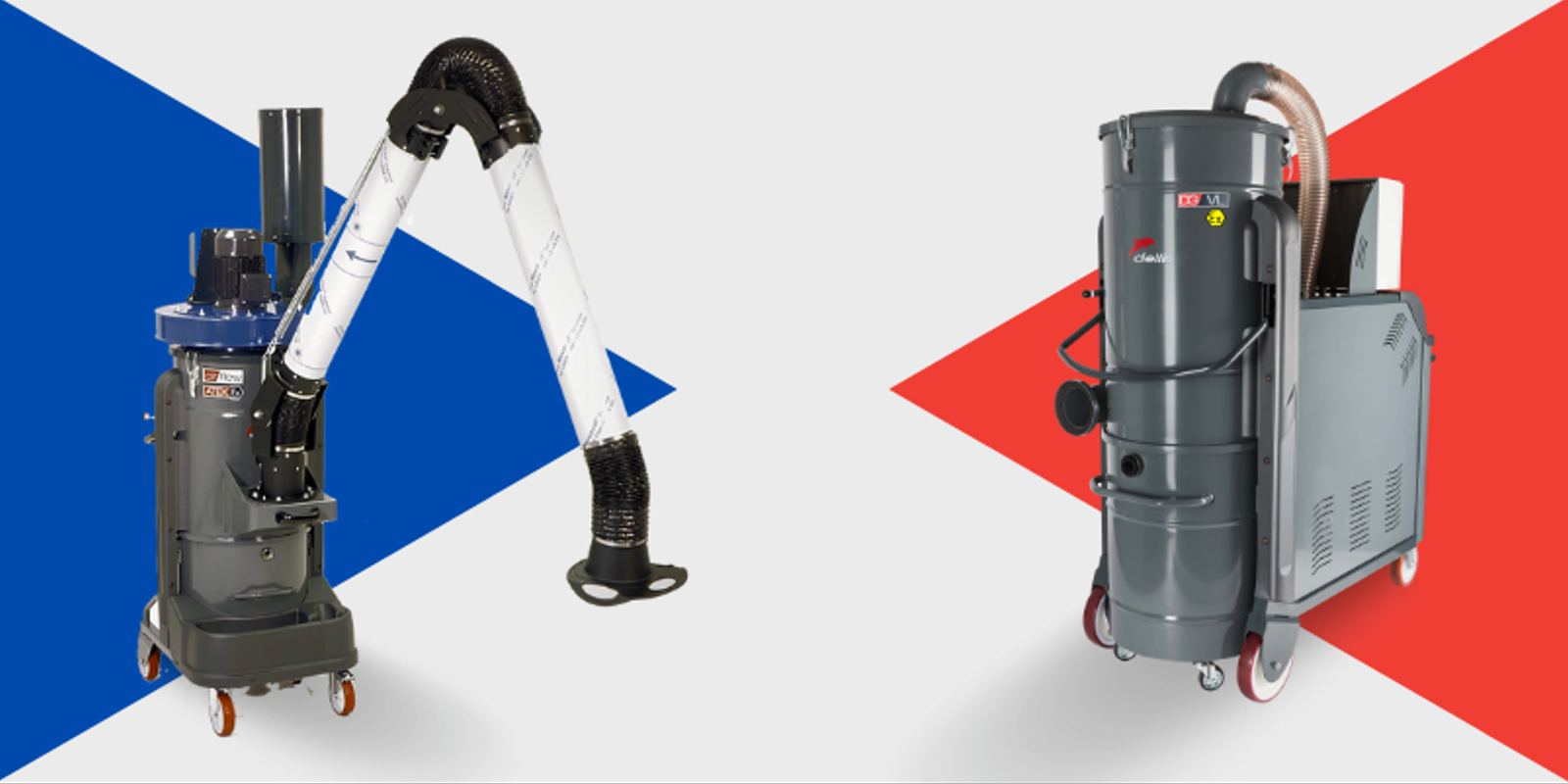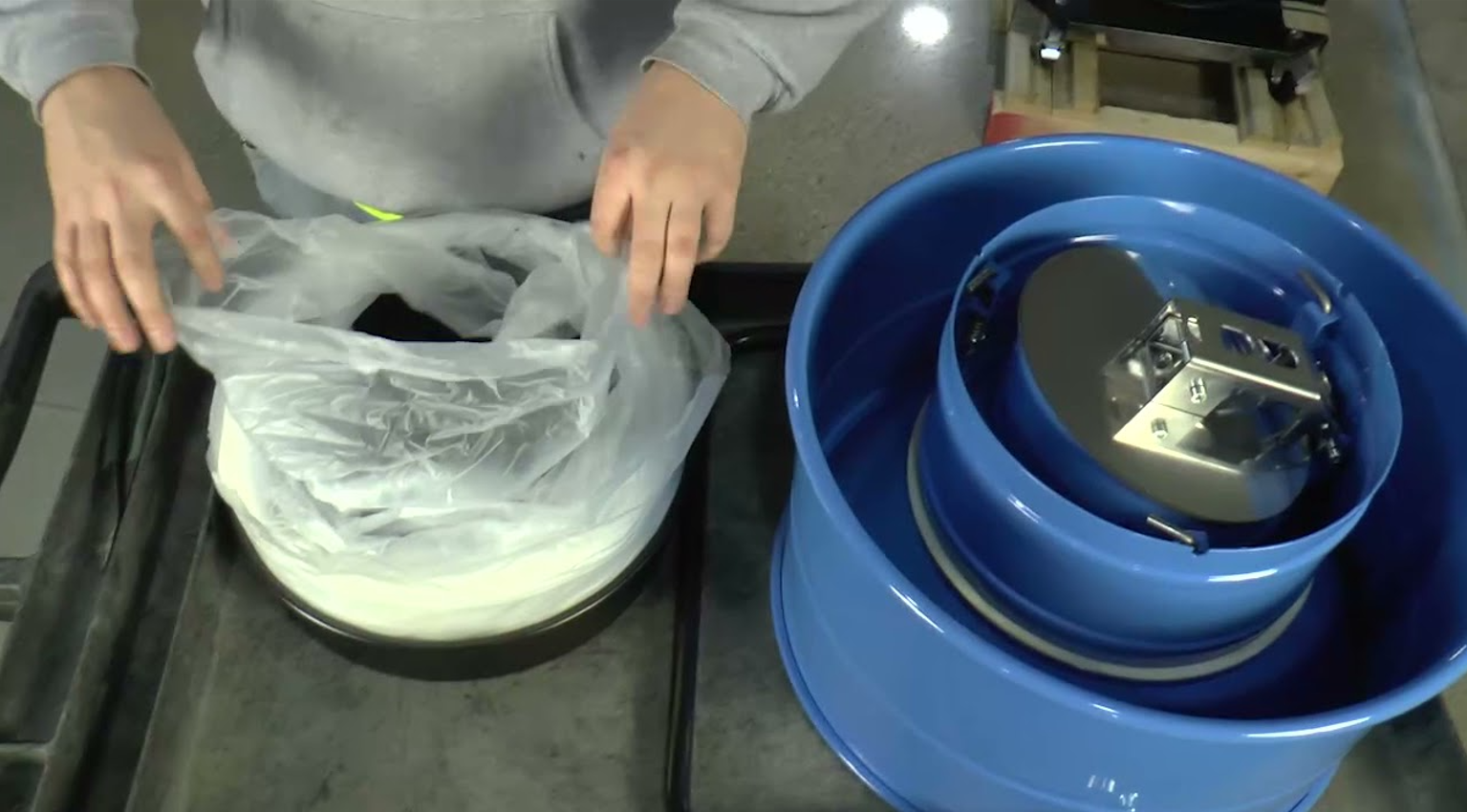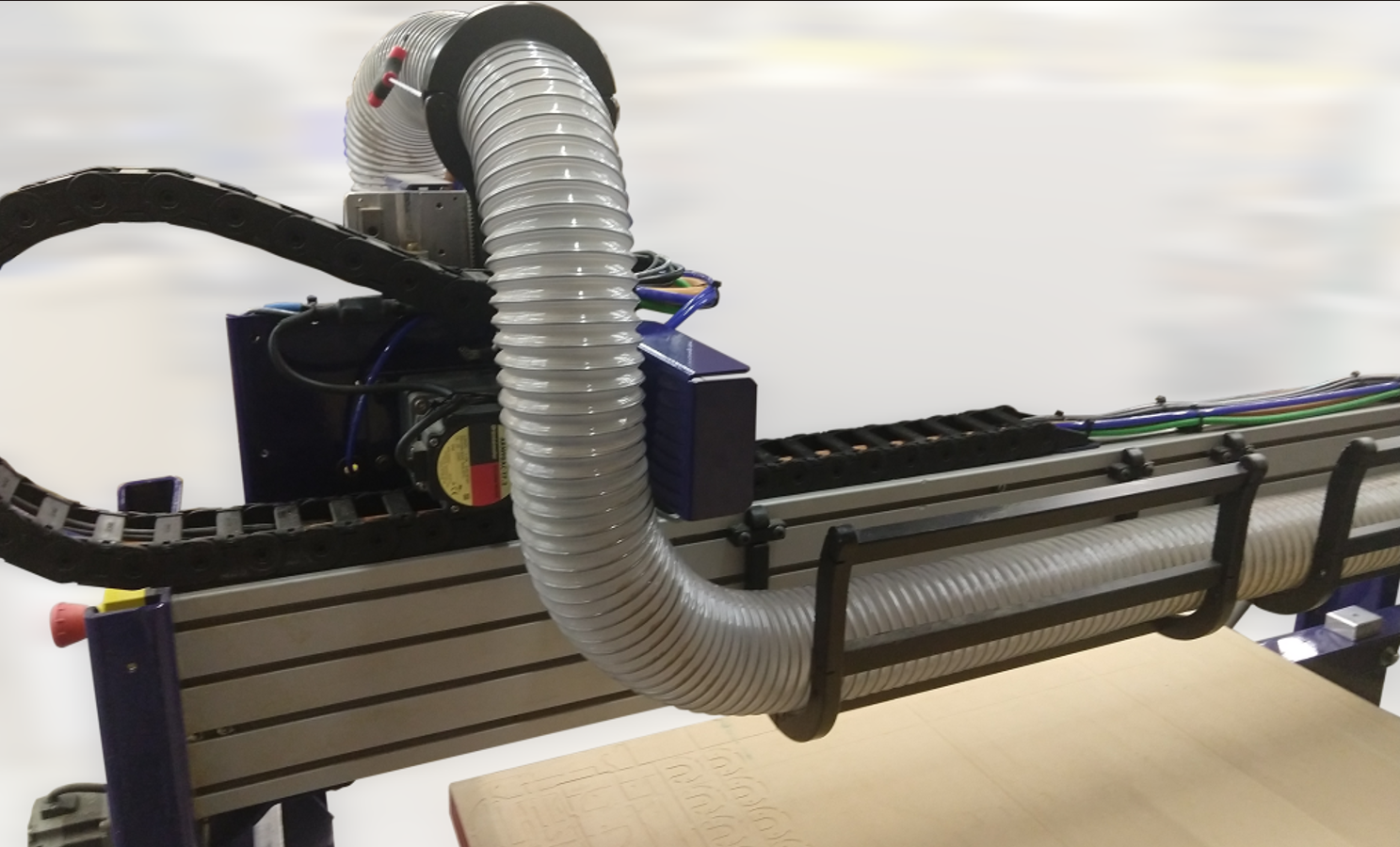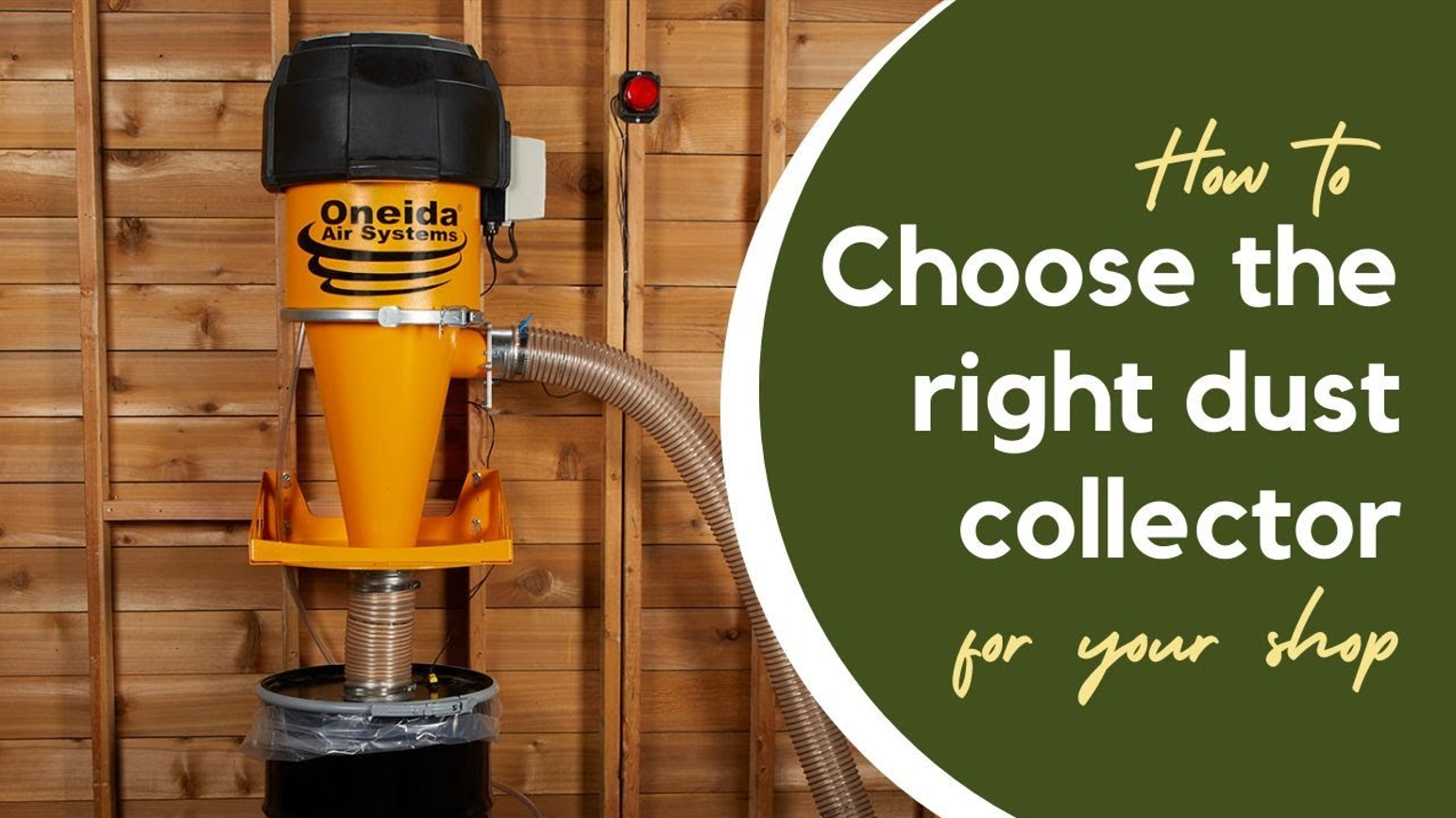Keeping workplaces clean is essential—not just for looks, but also for health and safety. When it comes to removing dust, two machines are often used: industrial dust collectors and commercial vacuums. While they may seem similar, they serve very different purposes.
1. What Are They Used For?
Industrial dust collectors are built for factories, manufacturing plants, and workshops. They pull in harmful dust from the air, keeping the environment safe. These machines operate for extended periods and are connected to heavy machinery.
In comparison, commercial vacuums are smaller and more mobile. They are made for places like offices, hotels, and stores. They clean floors and carpets by picking up dirt and debris but aren’t suited for handling airborne dust.
2. How Much Dust Can They Handle?
Industrial machines can handle large amounts of fine dust. For example, in a wood-processing unit, a dust collector for plywood industry is a must. It helps remove sawdust from machines before it spreads into the air.
On the other hand, commercial vacuums are for light-duty cleaning. They work well on surface-level dirt but aren’t strong enough for continuous use in dusty industrial environments.
3. Air Quality and Filters
Industrial dust collectors use advanced filters. A common option is the bag filter. It traps very fine particles, keeping the air clean for workers. This is especially important in industries where dust can cause health problems.
Most commercial vacuums use HEPA or standard filters. These are good for cleaning floors but cannot handle the fine dust created during industrial work.
4. Design and Build
Industrial dust collectors are large, heavy-duty machines. They are usually fixed in one place and connected to several machines through ducts. In a woodworking shop, a dust collector for furniture industry is installed to control dust from multiple tools.
Commercial vacuums are portable and lightweight. You can move them around easily, but they aren’t meant for high-dust environments or long hours of use.
5. Cost and Maintenance
A commercial vacuum may cost less initially, but it can wear out quickly in demanding workspaces. It also needs frequent repairs or replacement.
An industrial dust collector, while more expensive upfront, offers better long-term value. It’s built to last, requires less maintenance, and ensures better performance in the long run.
6. Safety and Rules
Dust in factories is more than just a mess. It can cause breathing problems, fires, and even explosions in some cases. That’s why safety rules demand the use of proper dust control systems in industries.
Commercial vacuums do not meet these safety standards. They are not designed to deal with hazardous or flammable dust.
Choosing between an industrial dust collector and a commercial vacuum comes down to your workplace type and dust level.



